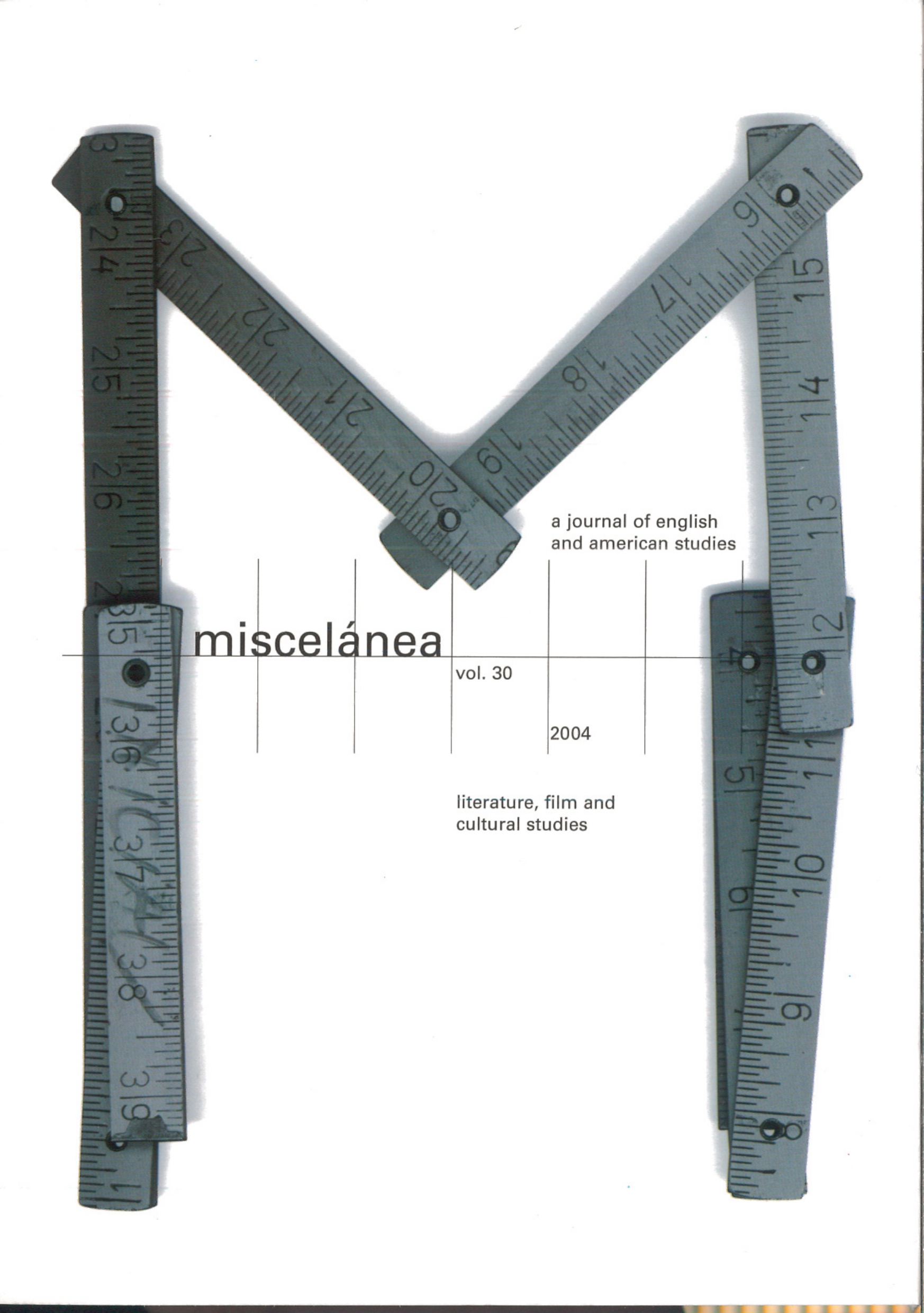The Canon Pro and Contra: 'The Canon is Dead-Long Live Pick and Mix'
DOI:
https://doi.org/10.26754/ojs_misc/mj.200410127Palabras clave:
Cánon, Literatura, Identidad nacional, Memoria culturalResumen
El principal argumento contra el canon tradicional es, por supuesto, que ha sido un vehículo para la superioridad nacional. Sin embargo, es indudable que la creación de un canon de la literatura inglesa a lo largo de los siglos está estrechamente ligada a la formación de la identidad nacional británica. Lo que se produjo de este modo fue, en gran medida, "un artefacto enteramente caballeresco" (por utilizar la expresión de Lillian S. Robinson para referirse a la flagrante desatención de las autoras), como han demostrado ampliamente los estudiosos feministas de las últimas décadas. Aparte de esto, sin embargo, las versiones británicas tradicionales del canon de la literatura inglesa son asombrosamente amplias y necesitan mucho menos una "apertura" de lo que afirman muchos de los "rompedores del canon" más beligerantes.
Sin negar que toda formación de cánones implica competencia y declaraciones de valores que crean jerarquías, se argumenta que la formación de cánones literarios es indispensable para mantener la literatura del pasado dentro de la memoria cultural y colectiva (sin olvidar, también, que el pasado empieza ayer). Al fin y al cabo, sólo aquellos que conozcan una buena parte de nuestro patrimonio literario tendrán la oportunidad de "escoger y mezclar" individualmente, y por tanto de subvertir el orden canónico que ha sido su punto de partida. Esto también significa que el canon no es un santuario, sino un proyecto en curso, al que renunciamos por nuestra cuenta y riesgo.
Descargas
Citas
ALTIERI, Charles. 1990. Canons and Consequences: Reflections on the Ethical Force of Imaginative Ideals. Evanston, IL: Northwestern U. P.
ASSMANN, Aleida. 1998. “Kanonforschung als Provokation der Literaturwissenschaft”. In von Heydebrand, Renate. (ed.). Kanon Macht Kultur. Stuttgart: Metzler: 47-59.
BELSEY, Catherine. 2001. “The Possibility of Literary History. Subject, Object and the Relation of Knowledge”. In Collier, Gordon, Klaus Schwank and Franz Wieselhuber. (eds.). Critical Interfaces. Contributions in Philosophy, Literature and Culture in Honour of Herbert Grabes. Trier: Wissenschaftlicher Verlag Trier: 43-54.
CHAMBERS, Robert. 1843. Cyclopaedia of English Literature. Edinburgh.
CIBBER, Theophilus. 1753. The Lives of the Poets of Great Britain and Ireland, vol. II. London.
FIEDLER, Leslie A. and Houston A. BAKER, Jr. (eds.). 1981. English Literature: Opening Up the Canon. Selected Papers from the English Institute, 1979. Baltimore: Johns Hopkins U. P.
GORAK, Jan. 1991. The Making of the Modern Canon. Genesis and Crisis of a Literary Idea London: Athelone.
—. (ed.). 2001. Canon vs. Culture. New York: Garland.
HALL, Anthony. (ed.). 1709. Commentarii de Scriptoribus Britannicis. London.
JAY, Gregory. 1997. American Literature and the Culture Wars. Ithaca, NY: Cornell U. P.
KENNEDY, George A. 2001. “The Origin of the Concept of a Canon and Its Application to the Greek and Latin Classics”. In Gorak, J. (ed.).: 105-116.
KERMODE, Frank. 1985. Forms of Attention. Chicago: University of Chicago Press.
—. 1979. “Institutional Control of Interpretation”. In Salmagundi, 43: 72-86.
LAUTER, Paul. 1991. Canons and Contexts. New York: Oxford U. P.
MATTENKLOTT, Gert. 1992. “Kanon und Neugier,” In Griesheimer, Frank and Alvis Prinz. (eds.). Wozu Literaturwissenschaft? Kritik und Perspektiven. Tübingen: Francke: 353-64.
MEEK, Sandra Lea. 2001. “The Politics of Poetics”. In Gorak, J. (ed.).: 81-102.
MORLEY, Henry. 1873. First Sketch of English Literature. London: Cassell.
MUNNS, Jessica. 2001. “Canon Fodder: Women’s Studies and the (British) Literary Canon”. In Gorak, J. (ed.).: 17-27.
RICOEUR, Paul. 1977. Hermeneutic of the Idea of Revelation. Berkeley, Calif.: The Center.
ROBINSON, Lillian S. 1997. In the Canon’s Mouth. Bloomington: Indiana U. P.
ROSS, Trevor. 1998. The Making of the English Literary Canon From the Middle Ages to the Late Eighteenth Century. Montreal: McGill-Queen’s U. P.
SAMMONS, Jeffrey S. “The Land Where the Canon B(l)ooms: There and Here”. In Gorak, J. (ed.).: 117-133.
SANDLER, Robert. (ed.). 1986. Northrop Frye on Shakespeare. New Haven: Yale U. P.
SICHERT, Margit. 2003. “Functionalizing Cultural Memory: Foundational British Literary History and the Construction of National Identity”. In Modern Language Quarterly, 64: 199-217.
VÖHLER, Martin. 2003. “Der Kanon als hermeneutische Provokation”. In Akten des X. Internationalen Germanisten-Kongresses Wien 2000, vol. 8: Kanon und Kanonisierung als Problem der Literaturwissenschaft/Interpretation und Interpretationsmethoden [Jahrbuch für Internationale Germanistik, Reihe A, Band 60]. Bern: Peter Lang: 39-44.
WEIMANN, Robert. 1988. “Shakespeare (De)Canonized: Conflicting Uses of ‘Authority’ and ‘Representation’”. In New Literary History, 20: 65-81.
WINSTANLEY, William. 1687. Lives of the most Famous English Poets. London.
Descargas
Publicado
Cómo citar
Número
Sección
Licencia

Esta obra está bajo una licencia internacional Creative Commons Atribución-NoComercial 4.0.


